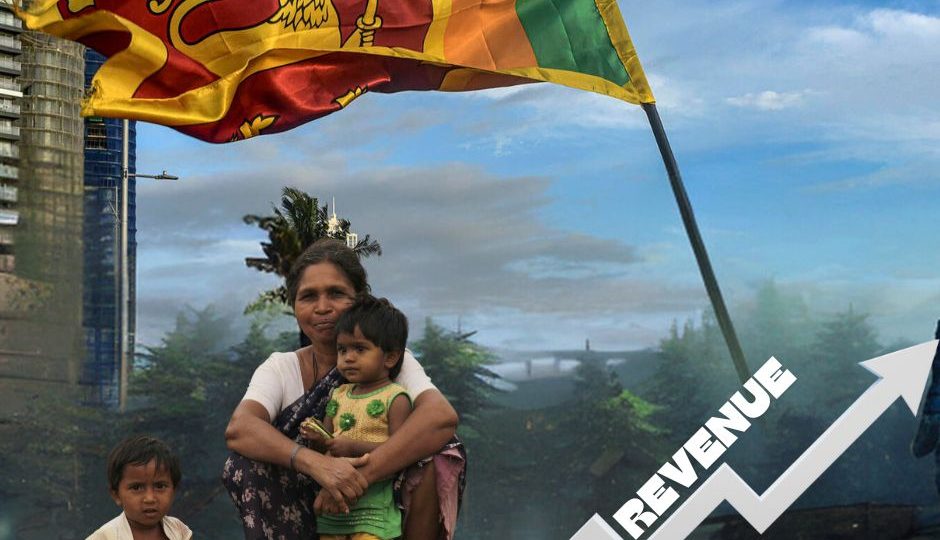It’s understandable why there might be a disconnect between government officials touting a revenue surge while the public continues to face economic challenges such as poverty and high prices for consumer goods. Here are a few potential reasons for this disparity and some steps that could be taken to address the situation:
Income Inequality: The revenue surge may be driven by increased taxation or other revenue-generating measures that disproportionately affect low- and middle-income individuals and families. Addressing income inequality through measures such as progressive taxation, minimum wage increases, and targeted social assistance programs can help ensure that economic growth benefits all segments of society.
Cost of Living: High prices for consumer goods can erode the purchasing power of households, particularly those with fixed or low incomes. Government policies aimed at controlling inflation, such as monetary tightening or subsidies for essential goods, can help alleviate the burden on households struggling to make ends meet.
Unemployment and Underemployment: Even if the economy is experiencing growth and generating revenue, persistent unemployment and underemployment can contribute to poverty and economic insecurity. Investing in job creation initiatives, vocational training programs, and entrepreneurship support can help address structural barriers to employment and improve livelihoods for vulnerable populations.
Social Safety Nets: Strengthening social safety nets such as cash transfer programs, food assistance, and healthcare subsidies can provide immediate relief to households living in poverty and help mitigate the impact of economic shocks.
Addressing Corruption and Governance Issues: Corruption and inefficiencies in governance can undermine the effectiveness of poverty alleviation efforts and erode public trust in government institutions. Strengthening anti-corruption measures, enhancing transparency and accountability, and promoting good governance practices are essential for restoring confidence and ensuring that resources are allocated effectively to address poverty.
If these challenges are not effectively addressed, the situation could worsen, leading to social unrest, increased inequality, and economic instability. It’s essential for the government to prioritize policies and initiatives that address the underlying causes of poverty and promote inclusive and sustainable development for all citizens. Collaboration with civil society organizations, international partners, and other stakeholders can also play a crucial role in finding holistic solutions to these complex challenges.



